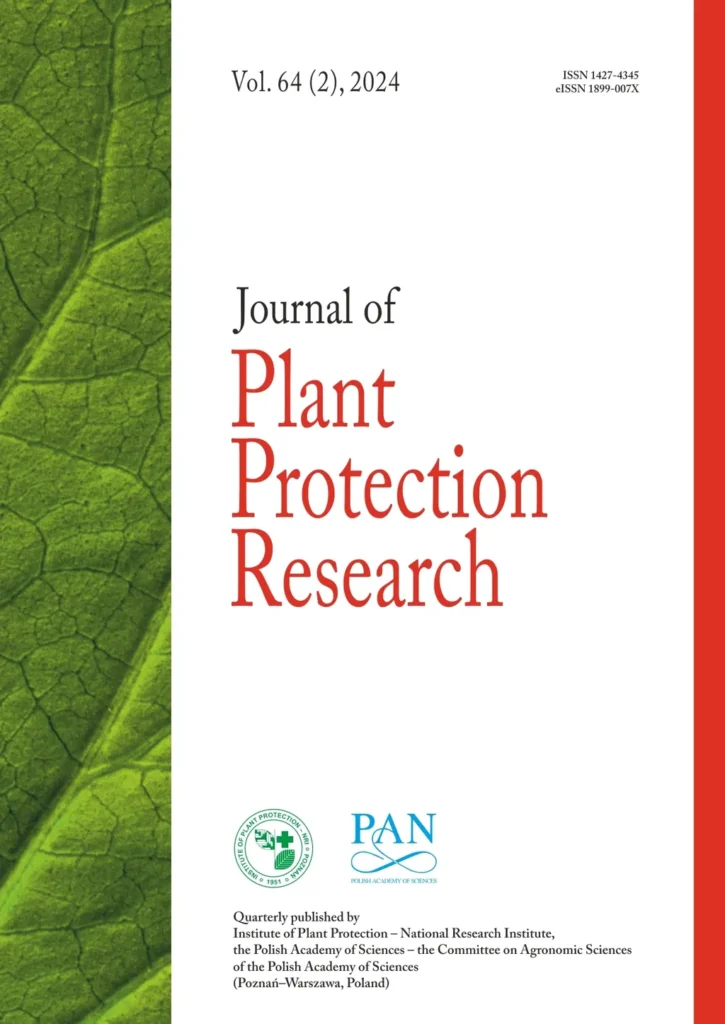In the relentless pursuit of sustainable agriculture, scientists are turning to nature’s own defenses to combat plant pathogens. A recent study published in the *Novel Research in Microbiology Journal* (translated from Arabic as “New Research in Microbiology Journal”) has uncovered the potent antimicrobial properties of Erica verticillata, a plant that could revolutionize how we protect crops from devastating diseases.
Led by Abdallah Khalil from the Plant Protection Department at Omar Al-Mukhtar University in Libya, the research team explored the antimicrobial potential of methanolic extracts from Erica verticillata against a range of plant pathogenic bacteria and fungi. The findings are promising, to say the least. “The extract showed substantial activity against several pathogens, including Pectobacterium atrosepticum and Streptomyces scabiei, which were sensitive at a concentration of 300 µg/mL,” Khalil explained. “This is a significant discovery, as these pathogens are known to cause considerable damage to crops.”
The study also revealed that Ralstonia solanacearum and Pectobacterium carotovorum were sensitive to the extract at a higher concentration of 500 µg/mL. The antifungal evaluations were equally impressive, with the extract showing potent inhibition against Fusarium oxysporum, Botrytis cinerea, and Rhizoctonia solani. Notably, the extract strongly inhibited B. cinerea by 78.2% at 5000 µg/mL, outperforming the commonly used copper hydroxide, which showed only 58.7% inhibition.
The phytochemical analysis using HPLC (High-Performance Liquid Chromatography) revealed a rich profile of phenolic compounds. Gallic acid, caffeic acid, and syringic acid were the predominant phenolic components, with concentrations of 2620.3, 606.5, and 580.9 µg/g, respectively. The principal flavonoid identified was quercetin, at a concentration of 169.4 µg/g. GC-MS (Gas Chromatography-Mass Spectrometry) analysis further identified hexadecanoic acid and phorbol as the most prevalent secondary metabolites, comprising 26.4% and 16.4%, respectively.
These findings highlight the rich phytochemical profile of Erica verticillata and underscore its potential as a source of natural antimicrobial agents. The implications for sustainable agriculture are profound. As Khalil noted, “This research opens up new avenues for developing eco-friendly pesticides that can effectively manage plant diseases, including those caused by antibiotic-resistant pathogens.”
The commercial impacts for the energy sector are also noteworthy. Sustainable agriculture practices can lead to more efficient crop yields, reducing the need for energy-intensive synthetic pesticides. This shift can lower the carbon footprint of agricultural practices, aligning with global efforts to combat climate change.
The study’s findings could shape future developments in the field by encouraging further research into natural antimicrobial agents. As the world grapples with the challenges of sustainable agriculture, the discovery of Erica verticillata’s antimicrobial properties offers a glimmer of hope. It is a testament to the power of nature and the potential of scientific exploration to uncover solutions that can benefit both agriculture and the environment.
In the words of Khalil, “This is just the beginning. The potential of Erica verticillata and other natural sources is vast, and we are excited to explore these possibilities further.” As we move towards a more sustainable future, such discoveries will be crucial in shaping the agricultural practices of tomorrow.

